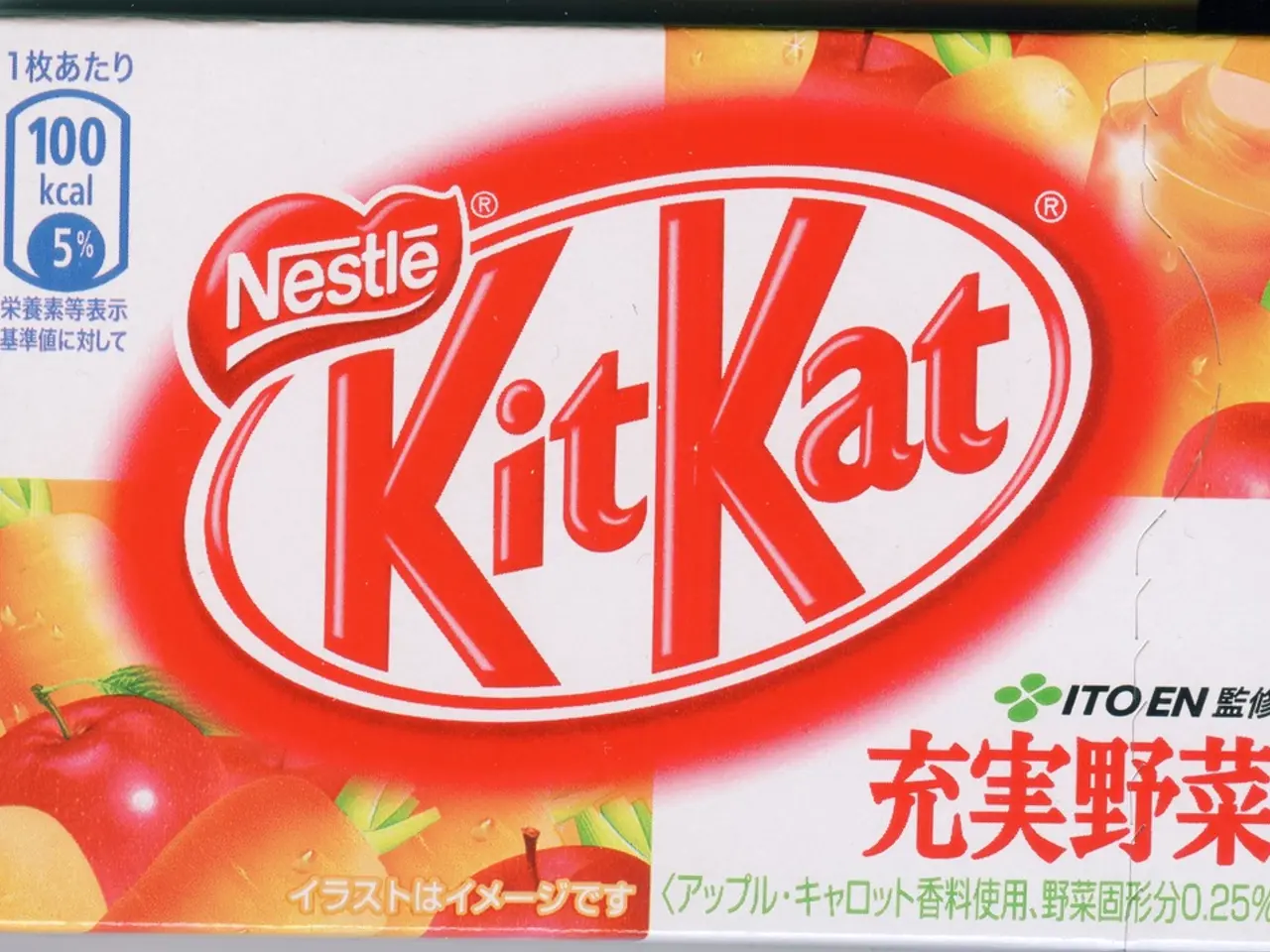Amateur Athlete Nutrition: Optimal Diet for Physical Activities in Sports
Transitioning to a healthy diet that supports sports performance and promotes overall well-being is a multi-faceted endeavour. Here are some key strategies to help athletes make the shift:
**Embrace a Balanced Diet**
A balanced diet rich in carbohydrates, proteins, vitamins, and minerals is essential. Carbohydrates provide the necessary fuel for training and competition, while proteins aid in muscle repair and recovery. Vitamins and minerals support bone health and overall bodily functions. Good sources of carbohydrates include fruits, vegetables, whole grain bread, and whole wheat pasta. Proteins can be found in poultry, fish, low-fat dairy products, and legumes. It's important to note that animal products, meat, and proteins should make up a relatively small part of one's energy intake[1][3].
**Hydrate Consistently**
Proper hydration is crucial, especially during exercise. Athletes should aim to drink about 16 ounces of water or sports drinks two hours before an event, 8 ounces 30 minutes prior, and regularly during practices or competitions lasting more than 60 minutes[3]. Sodium-rich mineral water or fruit juices mixed with water are suitable for hydration during training.
**Establish Consistent Meal Timing**
Eating breakfast is particularly important to energize the body for training. On competition days, consume carbohydrate-rich foods at regular intervals to maintain energy levels. For pre-race or pre-competition meals, choose easily digestible carbohydrates with moderate protein and low fat and fiber to avoid digestive discomfort, and eat early enough to allow a good night's sleep[2].
**Avoid Shortcuts and Test Meals During Training**
Young athletes are encouraged to focus on fundamental nutrition, hydration, training, conditioning, and rest instead of relying on supplements, which may be ineffective or harmful[3]. For athletes preparing for races or competitions, trialling nutrition strategies in training helps avoid race-day issues and reduces stress, promoting mental focus and performance[1][2].
**Choose Foods that Promote Injury Prevention and Recovery**
Proper nutrition supports bone structure and reduces injury risk while improving recovery time to allow more frequent, effective training sessions[1].
**Support Mental Well-being Through Diet**
A healthy eating plan can reduce stress and improve concentration, which are crucial for sports performance[1].
**Refrain from Eating Before Physical Activity**
It is recommended to refrain from eating about two hours before sports, and if this is not possible, consume easily digestible and low-fat foods that provide carbohydrates and proteins. During physical activity, it is recommended to regularly drink small amounts of water or fruit juice mixed with water to restore the electrolyte balance[4].
By incorporating these tips—balanced macronutrients, hydration protocols, consistent meal timing, rejecting harmful shortcuts, and mental well-being support—athletes can transition to a diet that enhances their performance and overall health effectively and sustainably[1][3][2][4].
References: [1] American College of Sports Medicine (ACSM). (2017). ACSM's resource manual for sports medicine and physical activity for individuals with disabilities. Lippincott Williams & Wilkins. [2] Burke, L. M., Hawley, J. A., Wong, S. H., Maughan, R. J., & Doyle, J. A. (2015). Carbohydrate for training and competition. Journal of Sports Sciences, 33(S1), S27-S36. [3] International Olympic Committee (IOC). (2016). IOC consensus statement: nutritional supplements in sport—2016 update. British Journal of Sports Medicine, 50(13), 810-816. [4] Sawka, M. N., Burke, L. M., Eichner, E. R., Maughan, R. J., Montain, S. J., Stachenfeld, N. S., … & Shirreffs, S. M. (2007). American college of sports medicine position stand: exercise and fluid replacement. Medicine and Science in Sports and Exercise, 39(8), 1538-1548.
- To support sports performance and overall well-being, a balanced diet consisting of essential nutrients like carbohydrates, proteins, vitamins, and minerals is crucial.
- Good sources of carbohydrates include fruits, vegetables, whole grain bread, and whole wheat pasta, while proteins can be found in poultry, fish, low-fat dairy products, and legumes.
- Proper hydration is essential, especially during exercise, with athletes advised to drink about 16 ounces of water or sports drinks two hours before a event, 8 ounces 30 minutes prior, and regularly during long practices or competitions.
- Mental well-being can also be supported through diet, as a healthy eating plan can help reduce stress and improve concentration, leading to better sports performance.




